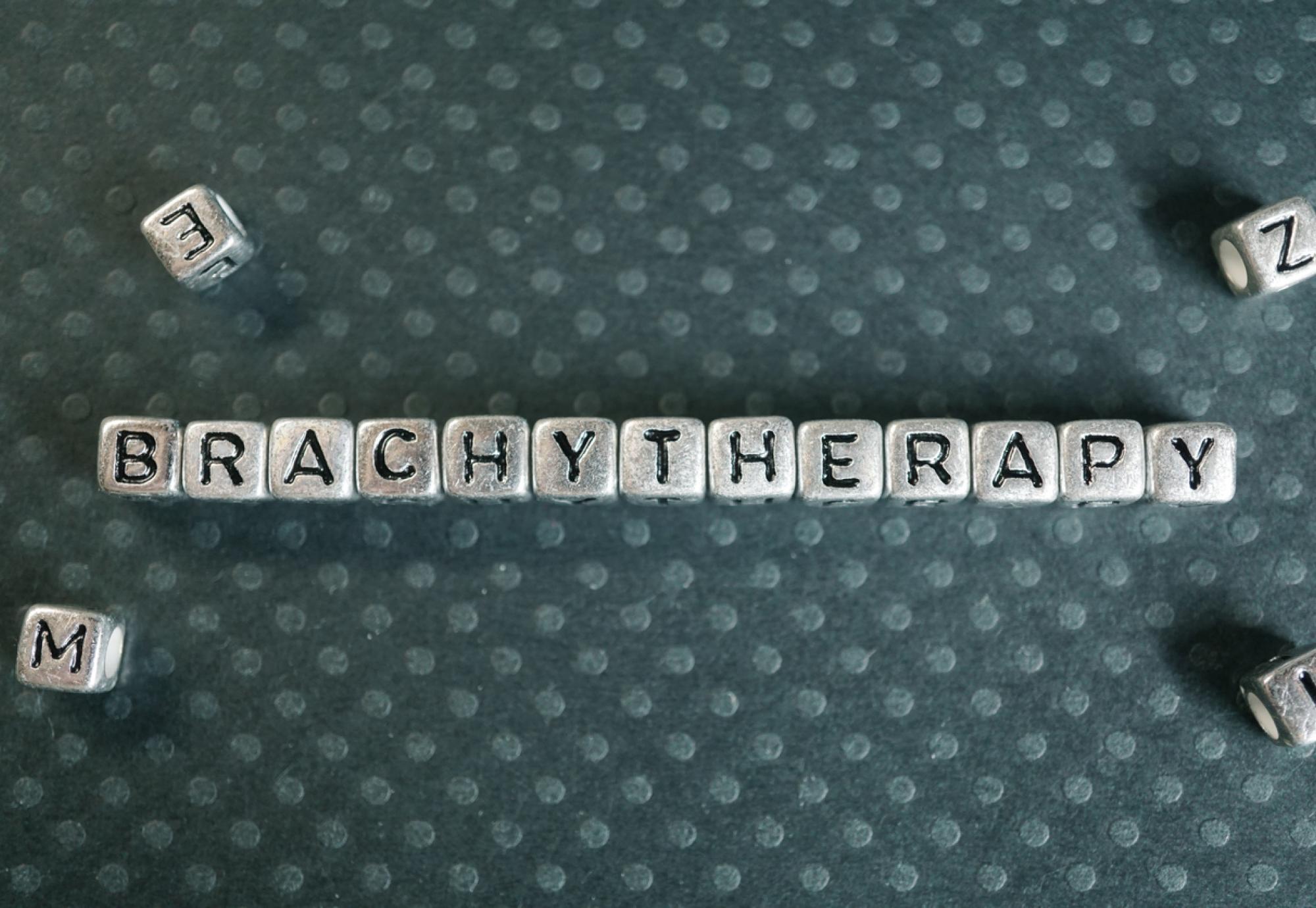Doctors at Royal Surrey NHS Foundation Trust have treated their 5,000th prostate cancer patient with brachytherapy.
Brachytherapy is an alternative treatment to more conventional surgeries, which consists of radioactive ‘seeds’ implanted in or completely covering the prostate gland tumour.
The treatment is considered to have less side effects as the radiation is inserted directly into the prostate, meaning any healthy tissue in the nearby vicinity gets a lower dose of radiation – ultimately reducing the amount of collateral damage dealt.
Professor Stephen Langley, who treated the first and 5,000th brachytherapy patients at Royal Surrey, said: “For the right patient, brachytherapy is as effective as surgery but with fewer side effects. The radioactive material only affects the tissue very close to it, so it tackles the tumour without harm to the rest of the body.
“Our published curative rates for brachytherapy are more than 90% for most cancers, with more than 99% of patients retaining urinary continence and more than 80% of men retaining erectile function.”
Royal Surrey were one of the first hospitals to trial brachytherapy in the UK back in 1999 and have become just the second site in the world to treat more than 5,000 patients using the technique.
Professor Langley added: “Royal Surrey pioneered brachytherapy treatment more than two decades ago and, today, patients from all over Europe come to receive brachytherapy with us.”
Royal Surrey is one of the UK’s primary providers of cancer care – it serves not only their own local community but operates as a regional referral centre in the South East, and in some cases, nationally too.
Richard, a hospital consultant working in the West Country, happened to be the 5,000th brachytherapy patient to be treated at Royal Surrey. After Richard’s prostate cancer became malignant and started to grow – after four years of dormancy – he sought treatment at Royal Surrey.
He said: “I chose brachytherapy because it has fewer side effects than the surgery for my condition and a good treatment success rate for my diagnosis. After hearing Professor Langley’s reputation in the field, I asked if he could treat me at Royal Surrey.
“The brachytherapy team couldn’t have been more helpful and the procedure went well. I came out feeling surprisingly fine. A week on, I can now feel that the brachytherapy implants are active which is slightly uncomfortable but I believe this feeling should subside within the next few weeks and I am hopeful this treatment will be successful.”
More information about brachytherapy and Royal Surrey’s landmark 5,000th patient is available here.



















